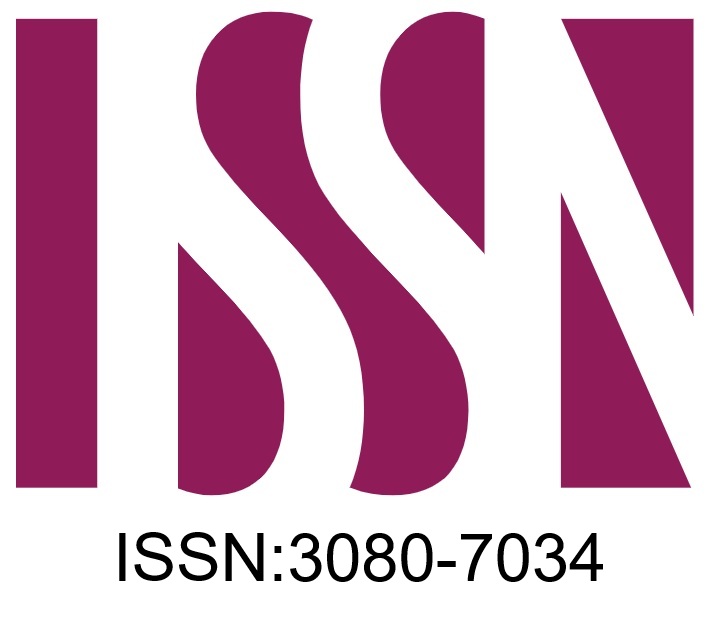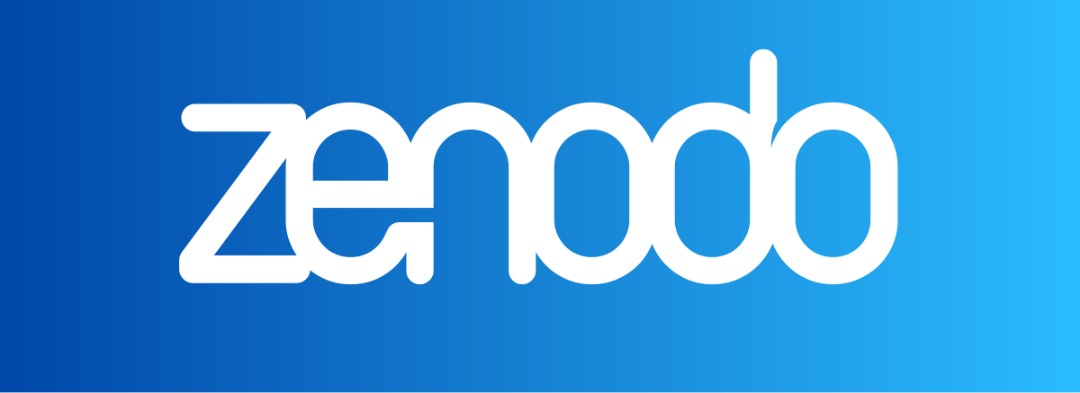resarch-polices
Journal Ethical Policy
Compliance with research ethics and respect for ethical standards in all journal procedures. This policy governs the work of the Editorial Board, the Review Committee, and the Advisory Board, and defines the relationship with researchers, publishers, and all relevant parties, by adopting a "Journal Code of Ethics" that clarifies and regulates the ethical principles and guidelines under which the journal operates.
Policy on Disclosure and Transparency of the Journal’s Financial Transactions
The journal adopts regulations to organize financial transactions, including funding processes and their sources, as well as the methods of collecting and disbursing all fees and revenues, in accordance with recognized accounting principles and within Libyan financial laws and regulations. This policy includes:
-
Disclosure of the journal’s funding sources.
-
Disclosure of revenue sources.
-
Disclosure of expenditure areas.
Editorial Board Recruitment Policy
-
Qualifications and Experience: Members of the Editorial Board are selected based on their academic qualifications and research experience. Preference is given to those with a significant publication record in reputable journals.
-
Scientific Reputation: Members must have a strong academic reputation.
-
Diversity and Balance: The journal ensures geographical and disciplinary diversity by including academics from different countries and specializations to provide a variety of perspectives.
-
Active Participation: Members are selected based on their ability to make important decisions, such as selecting research papers, supervising reviews, and contributing to the journal’s future strategies.
-
Ethics: Members must adhere to high ethical standards in scientific research, such as integrity and transparency.
Advisory Board Recruitment Policy
-
Reputation and Expertise: Members are selected based on their distinguished academic standing and research achievements, along with a strong academic reputation.
-
Ability to Provide Strategic Guidance: Members must be able to provide strategic advice to improve publishing, foster innovation, and enhance the journal’s international reputation.
-
Diversity of Expertise: The journal seeks diversity in academic backgrounds, geographical representation, and specializations within the Advisory Board to provide multiple perspectives.
-
Ongoing Collaboration: Members must be able to work closely with the Editorial Board and research teams to provide valuable input on policies and scientific practices.
-
Commitment to Research and Publishing Ethics: Members must uphold high-level ethical principles to ensure the integrity of the academic process.
Journal Evaluation, Development, and Quality Enhancement Policy
-
The journal applies a regular review and evaluation system, in coordination with the Advisory Board and publishing experts in scientific journals, by submitting samples of its issues for evaluation.
-
Development steps are implemented based on reviewers’ feedback, thereby enhancing the quality of published work.
Policies for Determining Research Priorities
The journal’s research priorities are based on continuous monitoring of developments in the professional accounting environment, focusing on key local and international issues, including:
-
Professional accounting bodies and their role in developing accounting principles and standards.
-
Accounting education and its role in supporting and advancing the profession.
-
Corporate governance and its role in enhancing financial performance.
-
International accounting.
-
The role of regulatory authorities in improving financial performance.
-
Transparency, accountability, and combating financial corruption.
-
Social and environmental accounting.
Policies for Online Distribution and Beneficiaries (Re-Publication)
-
The journal aims to implement an interactive strategy to reach its target audiences by distributing content within the journal and promoting it to the general public and the academic community.
-
Content is available in PDF format, in addition to an online searchable version, making it easily accessible to a broad range of academics and general readers.
-
The journal works to expand digital distribution through various methods to ensure its content reaches the widest possible audience.









